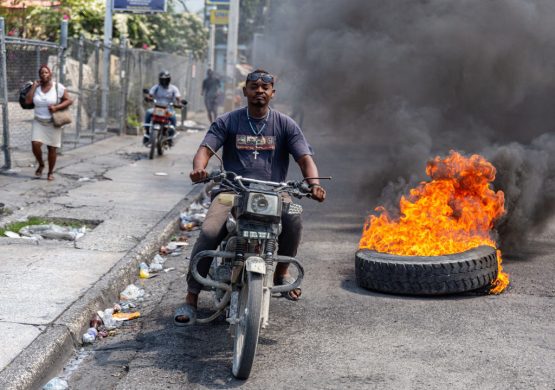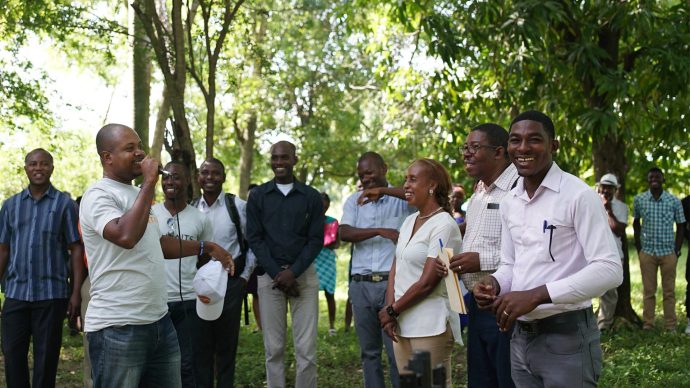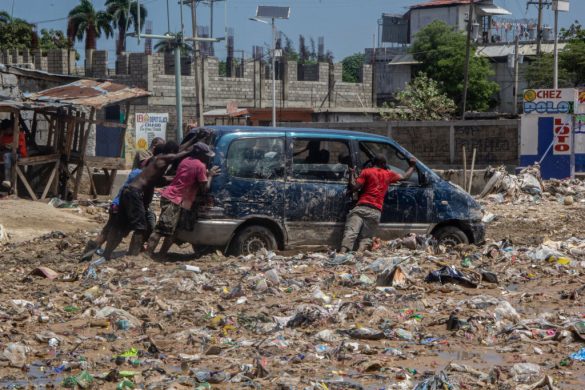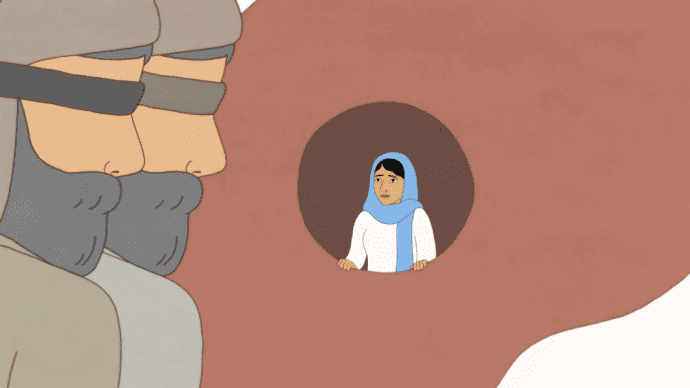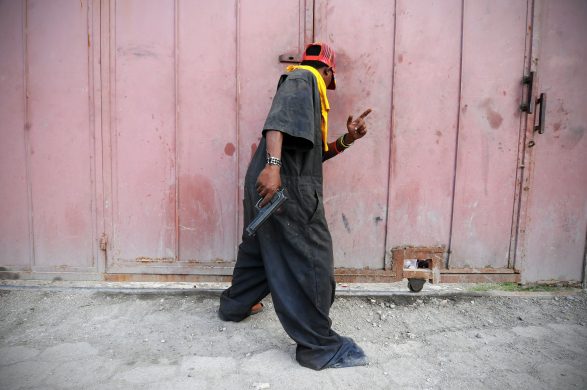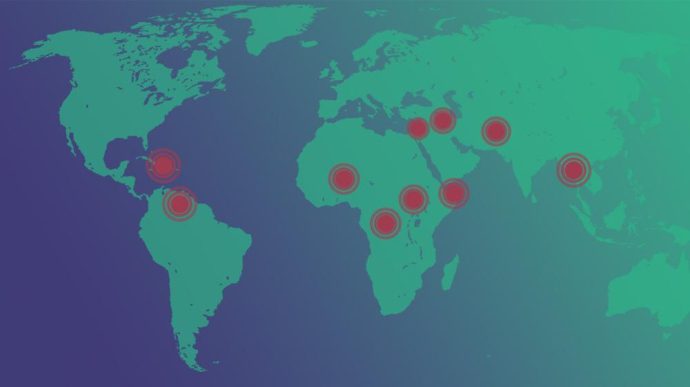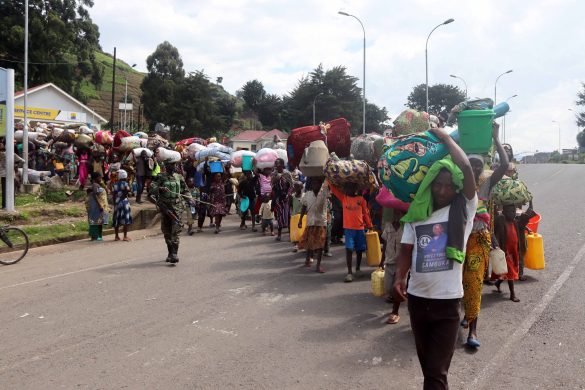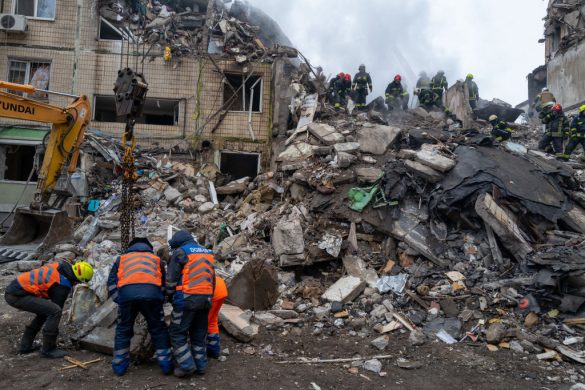NEW YORK, 19 June 2015 (UN News): The Dominican Republic must ensure that people whose citizenship was thrown into question by a 2013 ruling of the Constitutional Court will not be deported, the UN refugee agency said today.
“The Court’s ruling and the subsequent regularization plan which gave individuals born in the Dominican Republic until mid-June to regularize their status, impacts tens of thousands of people”, explained an Office of the United Nations High Commissioner for Refugees (UNHCR) spokesperson, Adrian Edwards, during a press conference in Geneva. “Most of them were born in the Dominican Republic and are of Haitian descent,” he added.
Læs også: Dominikanske Republik: Folk med haitiansk baggrund diskrimineres (U-landsnyt.dk)
“With a stateless population in the Dominican Republic estimated at more than 200,000 people, the consequences of expulsion could be devastating,” he warned.
UNHCR is concerned about the human rights considerations for people who may be expelled and end up being pushed into Haiti, even though they are not considered as citizens of that country.
“This would have serious repercussions for all who are affected and be a serious setback to efforts worldwide to end the problem of statelessness.”
It is of the utmost importance, Mr. Edwards emphasized, that the Dominican Republic takes necessary action to prevent any expulsions of stateless Dominicans and to avoid creating a new refugee situation.
In this regard, UNHCR has offered its support to the Dominican authorities to identify and register these individuals.
While the Dominican authorities have announced that they will conduct screenings of all individuals subject to deportation, UNHCR has recommended that for people who claim to be Dominican but do not have the required documents, the authorities can use other screening approaches, such as knowledge of Spanish – “in order to allow a reasonable determination of whether people are likely to have been born and lived all their lives in the Dominican Republic,” the Spokesperson added.



